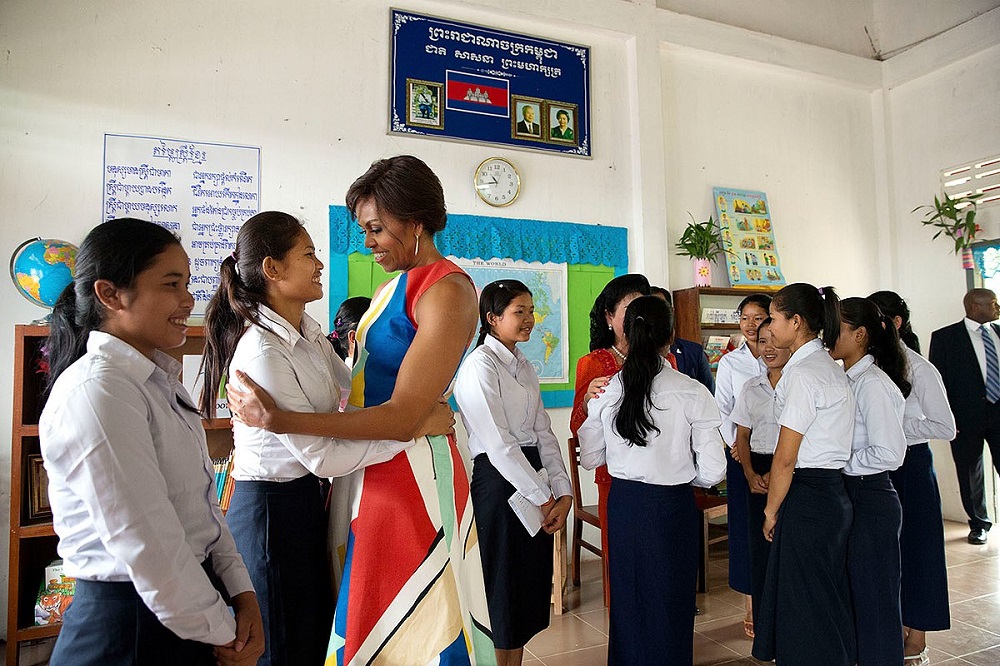Child healthcare and education play a pivotal role in empowering underprivileged communities. These two fundamental pillars contribute to the well-being and development of children. They also have a profound impact on the progress of the community. In this blog of Fikrah, we will delve into the importance of child healthcare and education in empowering underprivileged communities.
The importance of child healthcare and education:
- Child Healthcare:
Access to quality healthcare services is essential. For the physical, mental, and emotional well-being of children. Child health care ensures that children can grow and develop to their full potential. By providing regular check-ups, vaccinations, and preventive care.
It helps prevent diseases, detect health issues early, and improve health outcomes. When underprivileged communities have access to adequate healthcare, it reduces the burden of illness and enables children to thrive.
- Education:
Education is a transformative tool. That opens doors of opportunity and breaks the cycle of poverty. By providing underprivileged children with quality education, we equip them with essential knowledge, skills, and opportunities for a better future.
Education fosters critical thinking, creativity, and problem-solving abilities. Empowering children to shape their own lives and contribute positively to society. It instills confidence, self-esteem, and a sense of purpose. Thus enabling children to envision and pursue their dreams.
- Empowerment:
Child healthcare and education together empower underprivileged communities in many ways. They uplift families by improving health outcomes. Reducing healthcare expenses, and enhancing quality of life. Education empowers children to challenge societal barriers, overcome limitations, and achieve their goals.
It equips them with the tools necessary for economic independence. Thereby breaking the cycle of generational poverty. Additionally, educated children become advocates for their own communities. Driving positive change and progress.
Conclusion:
Child healthcare and education are indispensable for the empowerment of underprivileged communities. They serve as catalysts for social and economic development. Thus enabling individuals to realize their full potential. By investing in these key areas, we can create a brighter future for every child.
Regardless of their background, they have the opportunity to thrive. It is through the combined efforts of governments, NGOs, and communities that we can ensure access to quality healthcare and education. Fostering empowerment and transforming underprivileged communities into thriving societies.
Click here to know more about “Role of NGO’s in Childhood Education”

